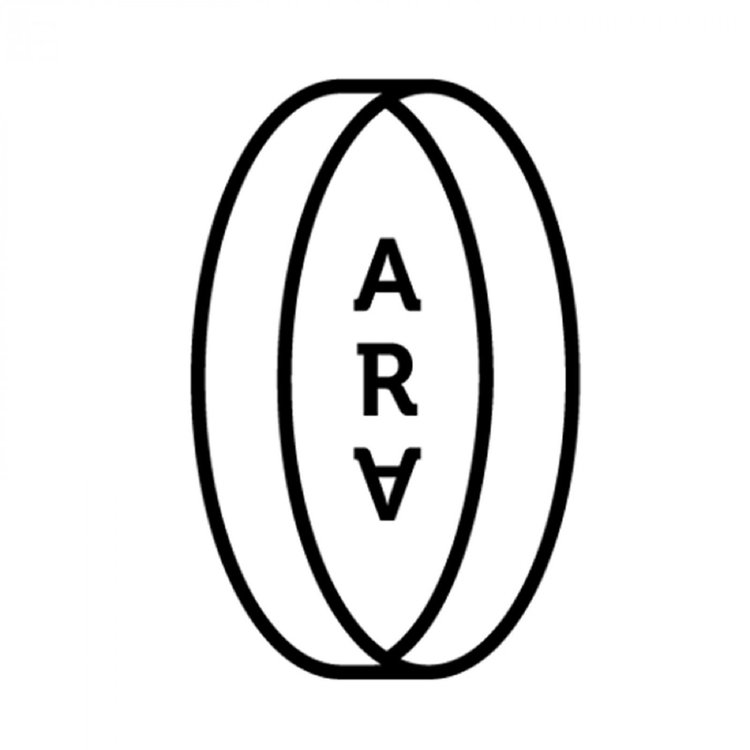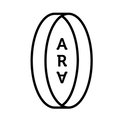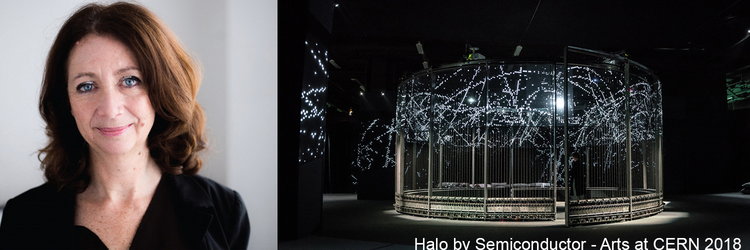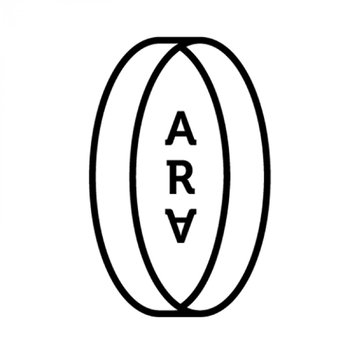
Physics and the artistic imagination: Ariane Koek and Arts at CERN
Loading player...
In this dialogue, Prof Christo Doherty, the Chair of Research in the Wits School of Arts, speaks to Ariane Koek, a prominent British independent producer, curator, and writer, recognized globally for her pioneering work at the intersection of art and science. With a career spanning several decades Ariane is particularly noted for founding the Arts at CERN program, which she designed and directed from 2009 to 2015. This initiative was the first official international arts program at CERN and aimed to foster collaboration between artists and scientists. Under her leadership, the program included various residency opportunities for artists, allowing them to explore and interpret scientific concepts through their creative practices.
The project has just been awarded the Grand Prize - Innovative Collaboration at Ars Electronica 2024. The prize recognises innovative collaboration between industry or technology and the arts (and the cultural and creative sectors in general) that opens new pathways for innovation.
In this podcast we focus on the Arts at CERN project, a curatorial and political challenge that Ariane launched single-handedly in 2010. CERN, the European Organization for Nuclear Research, is an intergovernmental organization comprising 24 member states, that operates the largest particle physics laboratory in the world situated in a vast complex based outside Geneva in Switzerland. CERN's main function is to provide particle accelerators and other infrastructure needed for high-energy physics research. The lab's most notable project is the Large Hadron Collider (LHC), the world's largest and highest-energy particle collider, consisting of a 27-kilometre ring of superconducting magnets. The Centre has approximately 2,660 scientific, technical, and administrative staff members, and in 2019 hosted about 12,400 users from institutions in more than 70 countries.
We do a deep dive into the experience of setting up the Arts at CERN programme and the lessons Ariane learnt from working with artists and scientists in such a challenging context. We then go on to unpack Ariane’s more recent insistence that we need to go beyond the acceptance of art-science collaborations as “de facto” positive and the implications of this insight for her current work as a producer and curator. Finally we touch on the continuing importance of aesthetics in both contemporary art and science while recognising the different meaning of the term "beauty" in artistic and scientific discourses.
The project has just been awarded the Grand Prize - Innovative Collaboration at Ars Electronica 2024. The prize recognises innovative collaboration between industry or technology and the arts (and the cultural and creative sectors in general) that opens new pathways for innovation.
In this podcast we focus on the Arts at CERN project, a curatorial and political challenge that Ariane launched single-handedly in 2010. CERN, the European Organization for Nuclear Research, is an intergovernmental organization comprising 24 member states, that operates the largest particle physics laboratory in the world situated in a vast complex based outside Geneva in Switzerland. CERN's main function is to provide particle accelerators and other infrastructure needed for high-energy physics research. The lab's most notable project is the Large Hadron Collider (LHC), the world's largest and highest-energy particle collider, consisting of a 27-kilometre ring of superconducting magnets. The Centre has approximately 2,660 scientific, technical, and administrative staff members, and in 2019 hosted about 12,400 users from institutions in more than 70 countries.
We do a deep dive into the experience of setting up the Arts at CERN programme and the lessons Ariane learnt from working with artists and scientists in such a challenging context. We then go on to unpack Ariane’s more recent insistence that we need to go beyond the acceptance of art-science collaborations as “de facto” positive and the implications of this insight for her current work as a producer and curator. Finally we touch on the continuing importance of aesthetics in both contemporary art and science while recognising the different meaning of the term "beauty" in artistic and scientific discourses.


